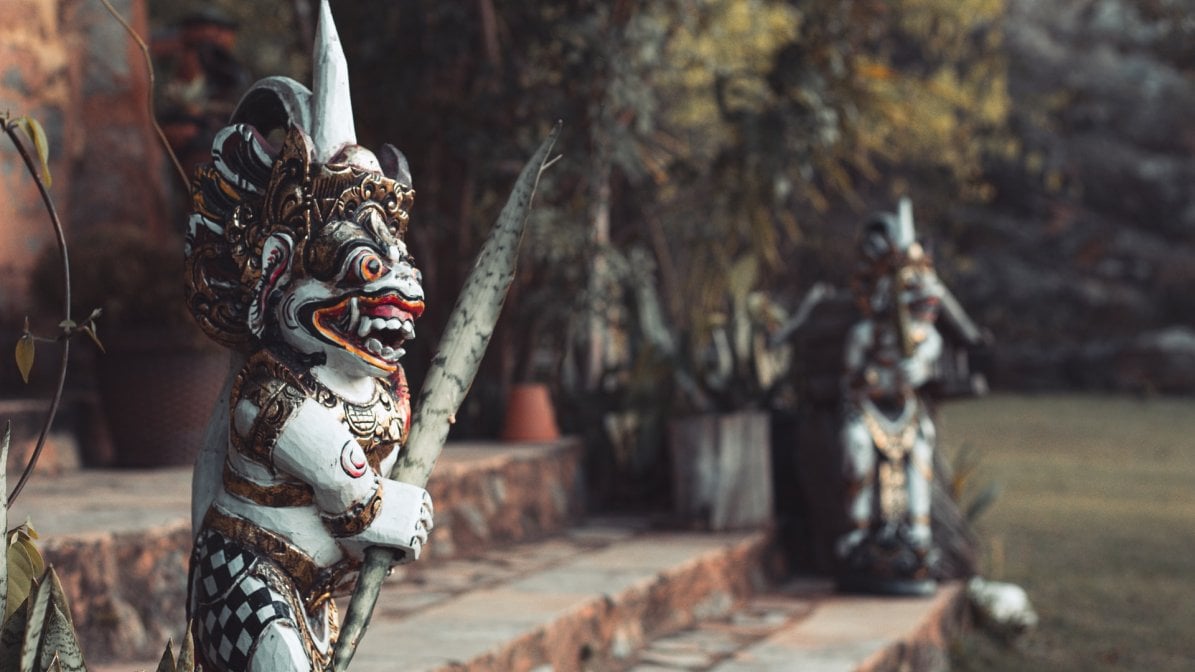Studying anthropology not only reveals different human cultures but also opens pathways to many rewarding career opportunities. You can specialise in social, forensic, or biological anthropology, or decide on joint honours with subjects like archaeology, international relations, or social sciences. By diving into the detail of human societies, anthropology gives you invaluable skills such as cultural awareness, critical thinking, and research expertise. These skills are highly transferable, making you well-suited for many professions. From cultural resource management and international development to public health, marketing, and user experience research, this versatility makes anthropology graduates adaptable and sought after in many sectors.
The impact you could make
- Engage in research that sheds light on social inequalities, discrimination, and injustices.
- Develop effective strategies for peacebuilding and reconciliation across global communities.
- By understanding the evolution of human health and disease you can inform strategies for disease prevention, treatment, and public health initiatives.
What you could study
- Anthropological theory
- Anthropology of art, sound, and images
- Power and culture: inequality in everyday life
- Cultural diversity in global perspective
- Key ideas in social anthropology
- Ethnographic reading
- Regional studies of culture
- Business anthropology: consumers, companies, and culture
- Political and economic anthropology
- Anthropology of ethics
- Ecology and behaviour
- Human evolution
- Hominin origins and evolution
- Primate biology and behaviour
- Comparative human biology
Example module
Example assignment
83% of students
Subjects it's useful to have studied first
Some anthropology courses or apprenticeships will have requirements for previous qualifications in certain subjects. Entry requirements vary, so always check with the provider.
Physics
Chemistry
Biology
Philosophy
Economics
Maths
History
Hard skills you'll develop
- Research design and methodology
- Fieldwork techniques
- Cross-cultural competence
- Interdisciplinary collaboration
Soft skills you'll develop
- Public speaking and presentation
- Interviewing and active listening
- Open mindedness
- Ethical awareness
Careers: Where it can take you
Find out more about your career prospects from studying anthropology. The following information is based on a typical social and humanities scientist role.
Available jobs
Average salary
Career options

What is a... forensic anthropologist?
Imagine it skeletons could tell stories. Well, for forensic anthropologists they can, because they work to unravel the secrets hidden within skeletal remains. Whether it’s crime scenes or mass disasters, these specialists become the modern-day detectives, examining bones to work out age, sex, and other crucial details. But it’s not just about solving crimes. Forensic anthropologists give their expertise to archaeological digs, humanitarian missions, and historical mysteries too. Their work is a mix of science, history, and justice, where every bone tells a story waiting to be uncovered.
Find your ideal career
Take our careers quiz to find your ideal job matched to your personality type.What I love most about the subject is learning about the skeletal system. Especially having the opportunity to work with actual skeletal remains.
The purpose of anthropology is to make the world safe for human differences.
Getting in: Entry requirements
Find out more about what you'll need to study anthropology at university or as an apprenticeship.
Average requirements for undergraduate degrees
Entry requirements differ between university and course, but this should give you a guide to what is usually expected from anthropology applicants.
A levels
Scottish Highers
Vocational
Other subjects you may be interested in
Explore further
Go deeper into topics around anthropology with the following:-
1
TV show Bones
For an entertaining look into the world of a forensic anthropologist. -
2
TED Talks
A playlist of talks and articles exploring many topics around anthropology. -
3
Keep up-to-date with the latest news
Follow the latest discussion on the Royal Anthropological Institute website.
Application advice
Our application advice will help you get ahead in your anthropology journey.Skills, experiences, and interests to mention
- Talk about your genuine interest in anthropology and explain what sparked your curiosity. This could be a particular book, documentary, fieldwork experience, or personal experience.
- While you’ve unlikely studied anthropology before, highlight your academic achievements, particularly those related to social sciences, humanities, or any courses that align with anthropology.
- Showcase your critical thinking skills by discussing instances where you've analysed complex issues, questioned assumptions, or engaged in debates.
- Anthropology often involves presenting research findings, so mention any experiences with academic writing, presentations, or communication-related activities.
- Language skills can be valuable in conducting research in specific regions or communities, so be sure to mention any you have.

Personal statement guide
We asked admissions tutors to share their dos and don’ts for writing a strong and engaging anthropology personal statement. Here's what they told us.
